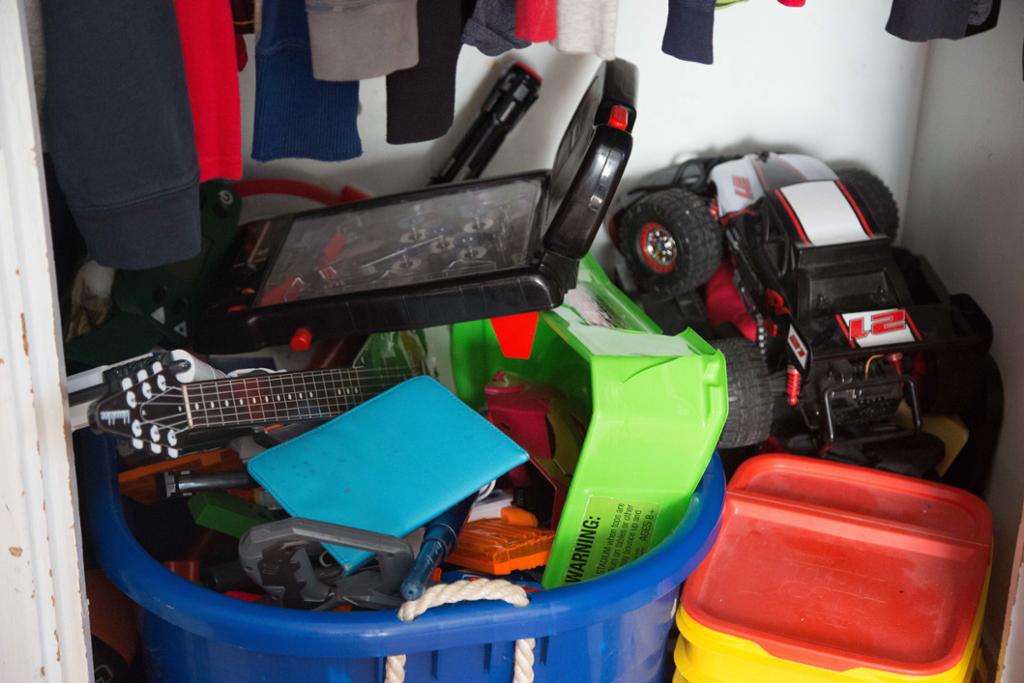Nouns

Nouns belong to two main groups: proper nouns and common nouns. Proper nouns include names of people, countries, places, days of the week, months of the year, historical events, terms of address, holidays and religions. They are spelt with a capital letter: Peter, Paris, the Pacific Ocean, Sunday, Ms, Jew, Catholic, the Civil War, Christmas, America, Norwegian, April. Proper nouns do not normally occur in the plural, nor do they need any determiners. Common nouns such as boy, girl, apple, soul, school, car, idea, abstraction, water, refugee denote a thing or a person, but normally need a determiner to refer to specific things or people.
Nouns which refer to things we can count are countable. The plural of a countable noun is formed by adding the ending –(e)s:
Stamp-stamps, temperature- temperatures, idea- ideas, refugee-refugees, church-churches
If the noun ends in a –y with a consonant in front, the -y is turned into -ie in the plural:
Country-countries, territory-territories. But: day- days
These nouns with an -o at the end have –es in the plural:
cargo-cargoes, domino-dominoes, echo-echoes, embargo-embargoes, hero-heroes, potato-potatoes, tomato-tomatoes, torpedo-torpedoes, veto-vetoes.
All other nouns which end in –o, may have a regular –s as their plural form. But there is some vacillation (‘usikkerhet/vakling’). Check a dictionary.
Some nouns refer to things that we do not normally count. Therefore, they have no plural ending. The Norwegian ‘melk’ is similar to its English translation milk because the plurals milks and ‘melker’ are strange. But some nouns that are countable in Norwegian are uncountable in English. These troublemakers include:
Advice (‘råd’), bread, (‘brød’), damage (‘ødeleggelser’), evidence (‘bevis’), furniture (‘møbler’), homework (‘lekser’), income, (‘inntekter’), information (‘opplysninger’), interest (‘renter’), knowledge (‘kunnskaper’), money (‘penger’), news (‘nyheter’), progress (‘framskritt’)
Will you please give me some advice? (‘noen råd’)
- His money was stolen.
- The information you gave me was interesting.
- The news was shocking.
Uncountable nouns need a singular verbal if the noun is the subject of the clause.
Some nouns have an irregular plural ending. Here are two important subgroups:
- the vowel sound changes: foot-feet, goose-geese, louse-lice, man- men, mouse-mice, tooth-teeth, woman- women. Note also: child-children
- A final –f changes to –ves: Calf-calves, half-halves, knife-knives, leaf-leaves, life-lives, shelf-shelves, thief-thieves, wife-wives, wolf-wolves
Some nouns denote objects which consist of two equal parts. They are plural nouns and pattern with a plural verbal if the noun phrase is the subject of the clause.
Binoculars (‘kikkert’), compasses (‘passer’), glasses (‘briller'), jeans (‘bukser’), tweezers (‘pinsett’), pyjamas, scissors (‘saks’), shorts (‘kortbukser’), tongs (‘tang’).
We can use a pair of in front of these nouns to turn them into something countable, cf. a pair of jeans.
English has a number of nouns with a special meaning associated only with their plural form:
arms (‘våpen’), clothes (‘klær’), customs (‘toll’), damages (‘erstatning’), drugs (‘narkotika’), goods (‘varer’), guts (‘mot’), manners (‘oppførsel’), regards (‘hilsen’), stairs ('innvendig trapp’), surroundings (‘omgivelser’), wages (‘lønn’)
Many of them can be used as regular countable nouns with the same meaning in the singular and plural, but then they have a different meaning;
a manner (‘måte’), a custom (‘en vane/skikk’), a drug (‘en medisin’) a cloth (‘et tøystykke/en duk’)
These nouns pattern with a plural verbal if they function as subject.
- The police are coming.
- The people of Norway are friendly.
- The cattle are waiting for their hay.
English has adopted a number of nouns of foreign origin. Their plural forms are irregular and feel foreign. Some have both a foreign plural and a regular plural. Check your dictionary.
Bacillus (‘basill’) - bacilli, radius – radiuses/radii, formula (‘formel’) – formulae/formulas, datum – data, medium – media, analysis – analyses, axis (‘akse’) - axes, crisis – crises, thesis (‘vitenskapelig oppgave’)- theses, criterion (‘kriterium’) – criteria, phenomenon - phenomena
Some nouns have the same form in the singular and the plural. If the noun functions as the subject of the clause, correct number in the verbal is determined by its use in each case.
one deer/two deer, one cod (‘torsk’)/two cod, one sheep/ two sheep, one salmon (‘laks’) - two salmon, one trout (‘ørret’)/two trout, one aircraft (‘fly’)/two aircraft, one spacecraft (‘romfartøy’)/two spacecraft, one crossroads (‘skillevei’)/two crossroads, one headquarters (‘hovedkvarter’)/two headquarters, one series/two series, one species (‘biologisk art’)/two species.
English forms the genitive in two ways:
The –s genitive is used when whoever is referred to in the determiner slot is one or more persons. It is also used with nouns that refer to time, distance and measurements, to nouns which indirectly refer to people and to places where the main noun is left out. Note the spelling here.
Example: a week’s stay, Washington’s reaction, go to the dentist’s, be at the doctor’s (surgery).The –s genitive Singular
Plural
The boy’s paper (‘guttens oppgave')
the boys’ papers (‘guttenes oppgaver’)
The man’s problem (‘mannens problem’) the men’s problems (‘mennenes problemer’) - The of-genitive is used elsewhere and is generally the correct alternative on non-personal nouns.
Example: the roof of the house, the front page of the book, the city of Oslo, the problems of the firm.